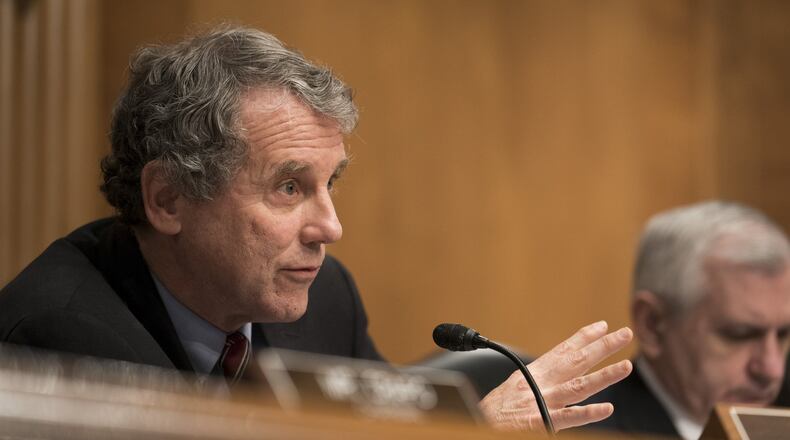Brown joins Democratic Sens. Tina Smith of Minnesota, Joe Manchin of West Virginia and Heidi Heitkamp of North Dakota. Senate Majority Leader Mitch McConnell has not yet announced the Republican members of the committee, nor has he named Brown’s Republican co–chair.
In the House, meanwhile, Republican Reps. Virginia Foxx of North Carolina, Phil Roe of Tennessee, Vern Buchanan of Florida and David Schweikert of Arizona as well as Democratic Reps. Richard Neal of Massachusetts, Bobby Scott of Virginia, Donald Norcross of New Jersey and Debbie Dingell of Michigan will serve.
Under the agreement reached by the Senate, the committee will hold at least five public meetings, including one field hearing outside of Washington, D.C., in order to make it easier for the members to hear from retirees affected by the crisis.
Members of the panel will have until November to craft a plan that would be put before the House and Senate with an up–or–down votes. Under the agreement reached Wednesday, neither the House nor the Senate will be permitted to amend the agreement.
At issue are multi–employer pensions created in order to allow employers to pool resources and provide their workers retirement security. The plans, negotiated by a union, are run by trustees selected by the union and employers. For years, most plans ran at a surplus.
But market crashes between 2000 and 2009, corporate bankruptcies which reduced the number of companies paying into the plans and new laws have rendered many plans virtually unsalvageable. While some 10 million workers are served by 1,400 multi–employer plans nationwide, some 150 to 200 plans, covering 1.5 million workers and retirees, could run out of money within the next 20 years, according to the Pension Rights Center. Among them: Central States, a pension program that claims some 50,000 members in Ohio.
In 2015, Central States, which is slated to run out of money within the next 20 years, created a plan that would have slashed benefits dramatically for members. The Treasury Department rejected the plan, but those who paid into Central States’ pension system for decades know that their pensions are at grave risk.
In a statement Monday, Brown said Congress “has responsibility to protect the pensions workers earned before it is too late.”
“This Committee will force Congress to finally treat the pension crisis with the seriousness and urgency American workers deserve,” he said.
About the Author
